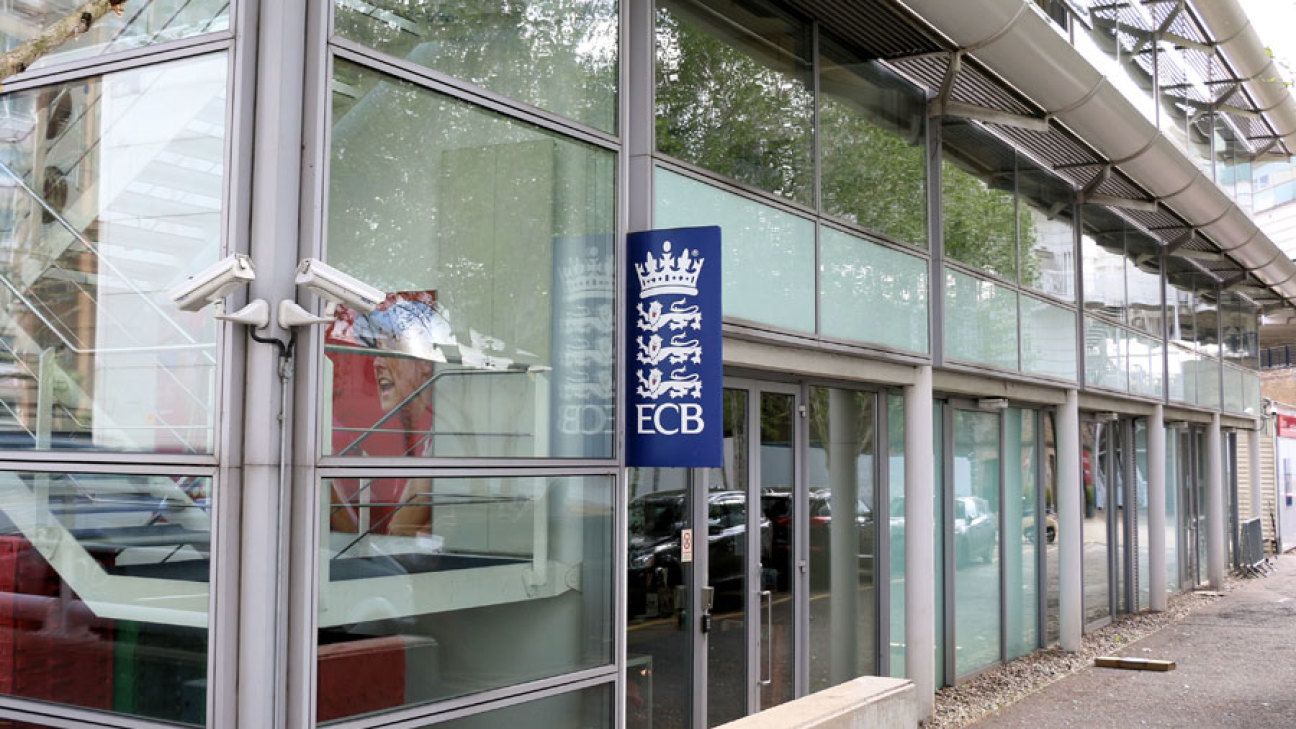
The ECB has announced a major raft of redundancies as it grapples with the impact of the Covid-19 pandemic.
On Tuesday, it was announced that the ECB are to cut their workforce budget by 20 percent - a sum which equates to the removal of 62 roles from the organisation - with most of those involved informed of the plans on Monday afternoon. In addition, other staff will see their roles become part-time or seasonal.
While one or two areas in the business have been ring-fenced - notably safeguarding positions - the cuts will impact all departments.
Although news of the redundancies was expected - the new ECB Chair, Ian Watmore, had described them as "inevitable" a fortnight ago - the extent of them is more of a surprise and reflects the growing realisation that 2021 may be no easier than 2020.
While some of the cuts will come from a decision not to fill vacant positions, the vast majority amount to redundancies. Insiders say there were tears in the ECB offices at Lord's as the decisions were communicated to staff.
The pay cuts which were introduced for ECB executives in April - 20 percent for most; 25 percent for the chief executive, Tom Harrison - have also been extended, although only until the end of October at this stage.
There is no further news at this stage about any decision to move the ECB's base away from Lord's. Given the reduced ECB headcount, it would seem the requirement for office space is likely to be reduced though the actual savings, in purely financial terms, are not thought to be significant.
In time, however, it still seems likely the ECB will seek a headquarters away from St John's Wood; an area with an exclusive reputation that may not be appropriate for a national governing body which is intent on proving its accessibility to all.
"The COVID-19 pandemic has left cricket facing its most significant challenge of the modern era," Tom Harrison, the ECB's CEO, said. "The game has already lost more than £100m, and the financial impact is likely to be £200m if there is further disruption next year, which many are expecting.
"When the crisis first hit, the ECB put in place a range of measures to save money in the short term including furloughing staff and significant pay reductions across the organisation, in addition to a recruitment freeze. It is now an irrefutable fact however, that the impact of this pandemic is significant and will be long-lasting. There is also deep uncertainty about the future, and it is vital we take more steps now to ensure the future financial sustainability of cricket in England and Wales.
"We must reduce the cost base across the game - and that requires the ECB to lead the way by reducing its own cost base.
"Given this new reality, if we are to safeguard cricket's long-term future and still deliver on the growth ambitions of our Inspiring Generations strategy, it is clear the ECB will need to become a leaner and more agile organisation.
"Seven months ago, sharing a message of this nature was unthinkable. The position we had created to come together as a game and grow cricket on the back of a remarkable year in 2019 was truly game-changing. Our ambition and energy are unchanged, but how we get there now needs to look significantly different to what we originally planned for."















 Phone: (800) 737. 6040
Phone: (800) 737. 6040 Fax: (800) 825 5558
Fax: (800) 825 5558 Website:
Website:  Email:
Email: 






